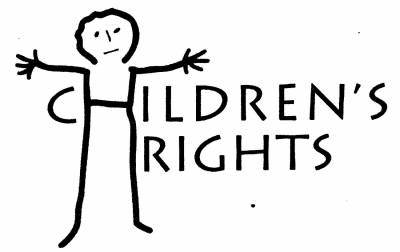Children's rights
Children's rights are defined in numerous ways, including a wide spectrum of civil, cultural, economic, social and political rights. Rights tend to be of two general types: those advocating for children as autonomous persons under the law and those placing a claim on society for protection from harms perpetrated on children because of their dependency. These have been labeled as the right of empowerment and as the right to protection.One Canadian organization categorizes children's rights into three categories:
Provision: Children have the right to an adequate standard of living, health care, education and services, and to play and recreation. These include a balanced diet, a warm bed to sleep in, and access to schooling.
Protection: Children have the right to protection from abuse, neglect, exploitation and discrimination. This includes the right to safe places for children to play; constructive child rearing behavior, and acknowledgment of the evolving capacities of children.
Participation: Children have the right to participate in communities and have programs and services for themselves. This includes children's involvement in libraries and community programs, youth voice activities, and involving children as decision-makers.
In a similar fashion, the Child Rights Information Network, or CRIN for short, categorizes rights into two groups
Economic, social and cultural rights, related to the conditions necessary to meet basic human needs such as food, shelter, education, health care, and gainful employment. Included are rights to education, adequate housing, food, water, the highest attainable standard of health, the right to work and rights at work, as well as the cultural rights of minorities and indigenous peoples.
Environmental, cultural and developmental rights, which are sometimes called "third generation rights," and including the right to live in safe and healthy environments and that groups of people have the right to cultural, political, and economic development.
Amnesty International openly advocates four particular children's rights, including the end to juvenile incarceration without parole, an end to the recruitment of military use of children, ending the death penalty for people under 21, and raising awareness of human rights in the classroom. Human Rights Watch, an international advocacy organization, includes child labor, juvenile justice, orphans and abandoned children, refugees, street children and corporal punishment.
Scholarly study generally focuses children's rights by identifying individual rights. The following rights "allow children to grow up healthy and free":
1.Freedom of thought
2.Freedom from fear
3.Freedom of choice and the right to make decisions
4.Ownership over one's body
Other issues affecting children's rights include the military use of children, sale of children, child prostitution and child pornography
